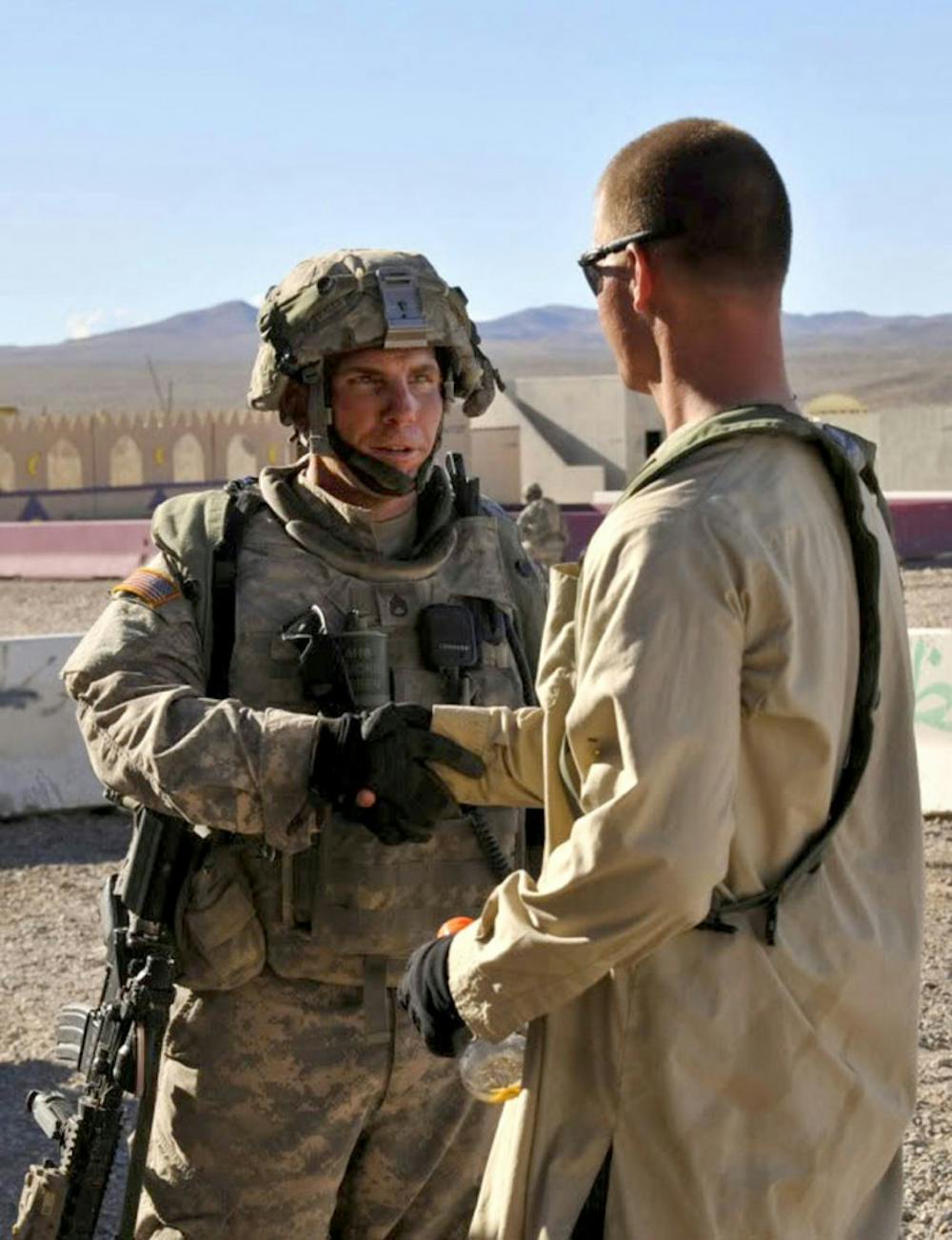The loss of a few invoked the outrage of many.
The recent tragedies that unfolded on three separate continents were distinct in context but similar in nature. The deaths by shootings in the United States, Afghanistan and France were all seemingly unprovoked acts of violence and possibly racially motivated.
In an effort to better understand the disparate yet parallel occurrences, a panel titled “Caught in the Crossfire of Misunderstanding” convened Wednesday to discuss how the deaths of Trayvon Martin in Florida, 17 Afghans in Kandahar and three Jewish students and one rabbi in Toulouse related to larger societal trends both domestically and internationally. The panelists included four Elon professors, a former Elon student and a visiting assistant professor.
Associate professor of psychology Duane McClearn initiated the discussion by relating the incidents in Florida and France to national statistics. The murder rate in the U.S. has decreased by nearly half since the early 1990s, and the rate of hate crimes committed in France has decreased as well, he said.
“(The U.S. violence rate) is not as bleak as people think it is,” McClearn said. “A lot of misperception has to do with the proliferation of cop shows on TV and violence in the press. We are inundated with images of violence.”
Hate crimes, a category of crime established by the FBI about two decades ago, account for less than one-tenth of 1 percent of murders in the U.S., he said.
“The killing of Trayvon Martin, even though we don’t know all the details, is a very horrible incident, but if we keep the larger picture in view, it’s not something that’s about to overwhelm our society,” McClearn said. “The fact that this event has gathered (a) reaction (of outrage) is a good thing.”
It is easier to understand violence committed by individuals rather than groups, which influences how the media and popular culture portray violence in society, said Tom Arcaro, professor of sociology and anthropology.
“We don’t talk about the larger corporate crimes or crimes done by government (as often) as crimes done by the individual,” he said. “Other entities are killing in far larger numbers.”
But these events of violence by individuals are not to be dismissed as trivial or isolated, for they indicate the continued presence of racism and stereotyping in global societies. In each instance, the aggressor saw an individual or group of individuals as manifestations of stereotypes that caused them fear or discomfort, said Buffie Longmire-Avital, assistant professor of psychology.
“These (events) are moments that show a loss of humanity,” she said. “They show that a person can get to a point where their belief in a stereotype could become so great and so overwhelming that the ‘other’ becomes no longer human.”
Human beings naturally think in stereotypes and tend to mentally group people and things in their surroundings, said Longmire-Avital. Opinions and viewpoints vary on the individual level, which give rise to competing, and sometimes conflicting, perceptions of the world.
“Beliefs and attitudes are going to come into conflict, and when they begin to collide, that’s when we have incidents such as these,” said Justin Ramey, a former Elon student and current law student at the University of Greensboro. “Tragedy is an intrinsic part of life, but it’s our responsibility as global citizens to combat the inevitable. We all have to make our own unique contribution when navigating these difficult times.”


